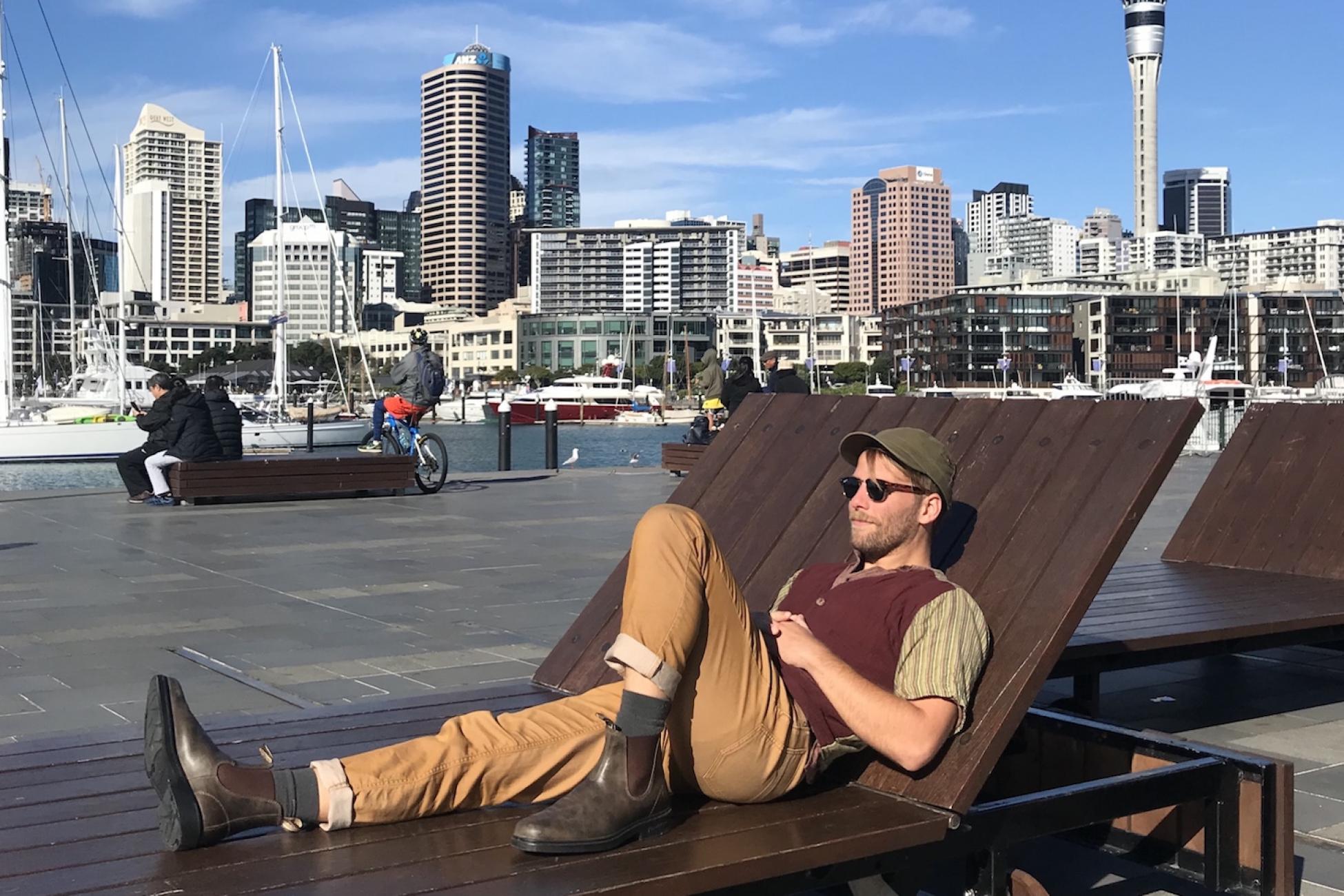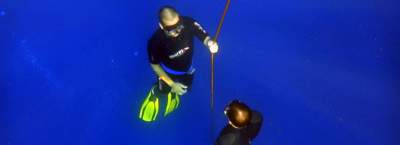“Do you have a transit visa for Australia?”
“Nope. Why would I?” My heart rate picked up noticeably.
"I'm sorry, I can’t let you on the flight. Your flight is connecting in Australia, and you have to have a visa to be able to set foot in Australia, and then board onwards to New Zealand.”
A stunned “whaaaaat?” was all I managed to eek out.
“I’m sorry, but you have to have a visa. They won’t even let me check you into the system without one.”
“But we won’t even leave the airport in Australia. We’re only there for two hours. Are you sure it's necessary?”
“Yes.”
The world was collapsing before my eyes. I had foolishly planned things so carefully and this flight was a very important part of my travel itinerary.
A bit of context to our predicament
It was 9pm on a Friday night, and my partner Donna and I were in the Kuala Lumpur airport hoping to board our flight to Gold Coast, Australia, and then connect onwards to Auckland, New Zealand.
We had received a New Zealand Working Holiday Visa, which gave us permission to stay in the country for up to a year. NZ was supposed to be our comfortable, Westernized landing pad after nine months of travel through Asia. We were going to work on organic farms, save up some money, learn new skills, and generally enjoy the Lord of the Rings-esque scenery of these beautiful islands.
I had done all the research: how to get a tax ID number, where to find a job, how to buy a van for road-tripping, how to open a bank account, where to buy health insurance, and even what cell phone company was the best. (Side note to anyone travelling to NZ for the Working Holiday Visa; all of the above can easily be found online. I especially like Backpacker Guide NZ.)
But I had to be in NZ by the following day, or my visa wouldn’t be valid—I had applied for the visa 364 days prior, and you have one year to enter the country before it expires. If we missed this flight, it would be unlikely—or at least, very costly—to find another way to New Zealand within 24 hours.
If we missed this flight, it would be unlikely—or, at least, very costly—to find another way into New Zealand within 24 hours.
“So there’s nothing we can do?” I pleaded, trying to act charismatic and charming.
“Well, you can maybe apply for one online. Sometimes it works for people. Here’s the website. Good luck. You have about 30 minutes.” The gate agent scribbled down a website on a piece of paper, and then turned his attention to the next person in line.
Thus ensued a mad dash through the airport.
We found some tables and chairs outside a closed KFC, where there was a halfway-decent WiFi connection. We filled in passport details and intended length of stay (two hours); paid $20 (Australian dollars). And then we waited. I bit my fingernails down to nubs and refreshed the email every 30 seconds.
With about 10 minutes to spare, confirmation came through. The gate agent was very nonchalant when we checked in, giving me an understated, "Oh, glad you made it" smile. These 20 minutes of horrible tension made me grateful, once again, to have an American passport. Sure, this was a stressful experience, but it probably pales in comparison to what other nationalities endure on a daily basis in the airport.
Twelve hours later, we were in Auckland. A computer cheerfully let us in at customs—no one even mentioned our visa.
Arriving in New Zealand
We took the bus to the city centre, where the friendly driver pointed us the way to our hostel. Being only $30 a night (very cheap for Auckland standards), the hostel was understandably cramped and bare-bones. But we just dropped our bags and strolled around the city, eventually stumbling on an open-mic comedy night in a basement bar. It was coincidentally July 4th, and the comedians took their turns roasting America, and our self-centred and imperialistic tendencies.
We had, by a stroke of luck and some persistence, found a nice Englishman, Phil, who was willing to host us on his sailboat in exchange for a couple of hours of work per day. This was through the work-exchange website, Workaway. So we checked out of our hostel the next morning, lugging backpacks through downtown Auckland, and headed in the direction of the marina.
We eventually found Phil amidst the hundreds of boats, and he greeted us.
“Welcome aboard! You have to get on up there.”
He was pointing to the bow of the boat, a good 10 feet in the air above the dock. Donna and I exchanged quizzical looks, shrugged our shoulders, and grabbed the railings overhead. With some climbing maneuvers and steadying our feet on the anchor, we were eventually aboard.
As we’re always open to new adventures, this seemed like a fortuitous first meeting with our Workaway host. It was an incredible 60-foot sailboat docked in the middle of Auckland, and we got to stay on it basically for free. To our left, we could see the harbour dotted with hundreds and hundreds of other sailboat masts. To our right, loomed the skyscrapers and iconic Sky Tower of Auckland.
After 24 hours in this country, life was already turning out pretty great.
Add this article to your reading list




